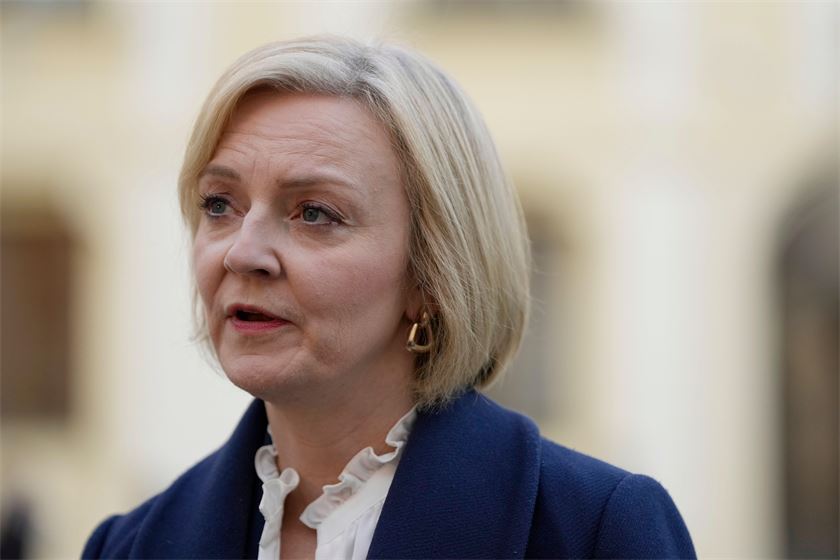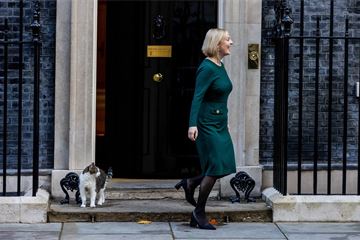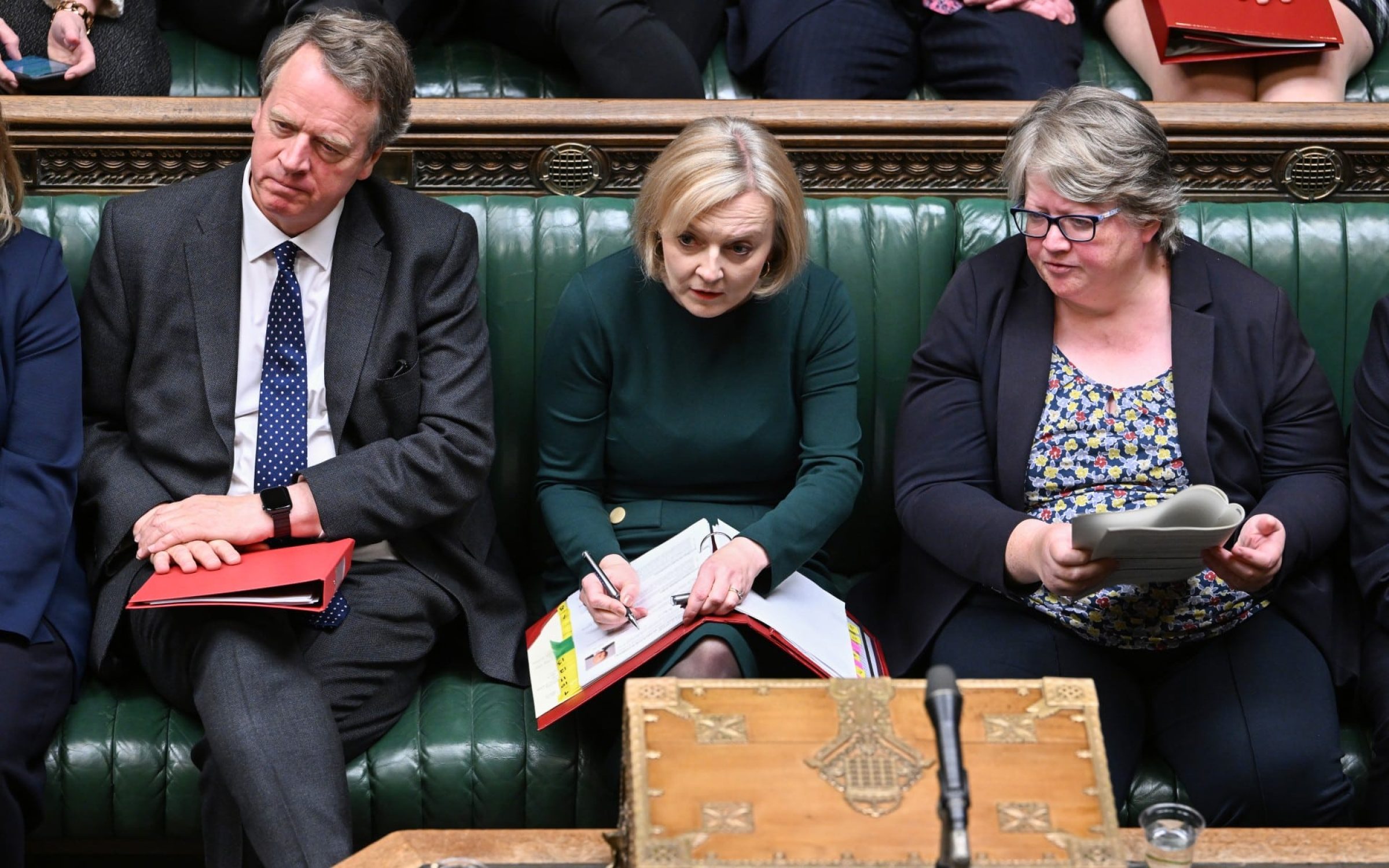
A handout photo made available by the Just Stop Oil climate activism group shows two protesters who threw Heinz Tomato soup at Vincent Van Gogh's 1888 painting 'Sunflowers' at the National Gallery in London, on Friday. The protesters then knelt down in front of the painting and appeared to glue their hands to the wall beneath it before being arrested.
Oct. 14 (UPI) -- British police said Friday they arrested two climate advocates who glued themselves to a wall and vandalized a revered Van Gogh painting at London's National Gallery.
Two advocates with the group Just Stop Oil said Friday that "our heritage is being destroyed by our government's failure to act on the climate and cost of living crisis" before gluing themselves to the wall and throwing what appeared to be tomato soup at Van Gogh's "Sunflowers."
The show of opposition followed a decision from Prime Minister Liz Truss to open the North Sea up to oil and gas drillers and to reconsider a moratorium on hydraulic fracturing, otherwise known as fracking. The Truss government argued the decisions were necessary in light of the energy crisis sparked by Russia's war in Ukraine.
"The 100 proposed oil and gas licenses will destroy all of our culture, along with human civilization as we know it," advocates said from their Twitter account. "Why are we protecting these paintings when we are not protecting the millions of lives that will be lost due to climate and societal collapse?"
British police through their Twitter account said two people were arrested over the incident.
"Specialist officers have now unglued them and they have been taken into custody at a central London police station," Metropolitan Police said. "There is some minor damage to the frame, but the painting is unharmed."
As with a similar incident involving Da Vinci's "Mona Lisa," the Van Gogh painting was protected behind a glass shield and therefore was not damaged by the Just Stop Oil activists.













